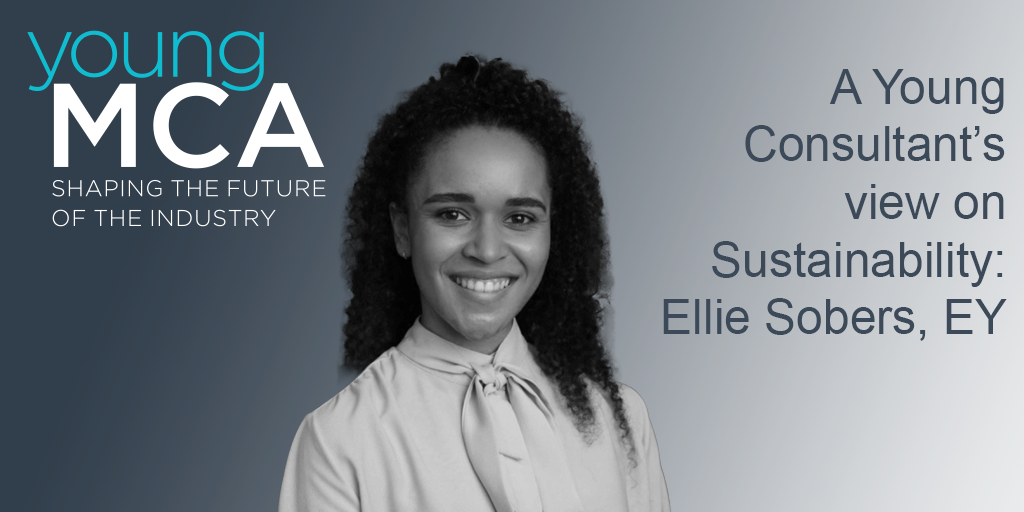Words by Ellie Sobers, Young Consultant at EY
When we think about sustainability, the concept is largely associated with environmental attributes, with organisations pledging a magnitude of different “sustainable” goals and promises in the next 20 to 30 years. As a young consultant, it felt overwhelming to understand and articulate what’s right and what’s not. I felt that I needed to do and be everything to be sustainable. But after the podcasts, books and talks, I began to realise that to bring purposeful sustainability into a working business requires them to differentiate from being sustainable at face value and embrace meaningful and specific sustainable actions into their operating model. Allowing them to walk the walk and not just talk the talk.
To develop sustainably, businesses need to bring economic, social and environmental equality to enhance their future potential. Hence furthering their current key performance indicators to understand how they can contribute to their overall vision and societal goals.
For example, if a business’s main function revolves around its supply chain, with a key performance indicator being quality of suppliers. A sustainable example of how this can be measured could look at the percentage of suppliers that meets the business’s sustainable standards, and not just their supplier cost.
The stakeholders in a business are also just as important as profit, so being able to successfully identify, and then accommodate, the needs and goals of them is paramount. This allows businesses to strengthen relationships and develop a competitive advantage. Employees, for example, are now wanting more than just a desk and 9-5 hours. The increased awareness of mental health and the ability to incorporate wellness and mindfulness in the workplace, is now crucial to acquiring entry-level talent within Millennials and Generation Z. As well as the rapidly growing need for inclusiveness between individuals at all levels in everyday working life.
Combining ethical and social justice principles through CSR gives businesses the opportunity to address the needs of society as well as the needs of the business. Philanthropic activity or employee volunteering shows the business is doing something beyond daily BAU activity. Volunteering also allows employees to feel valued, as well as publicly showing competitors and wider society the importance and moral obligation to support others.
But when communicating sustainable goals, businesses should avoid using fluffy or vague language in their messaging, as well as using terminology that can have no credibility or proof of measurement alongside it. As society is becoming more aware and educated, people are taking more time to understand the ethos and background of a business before committing to it. Communicating clearly also minimises the ability to “greenwash”, which means developing green marketing strategies to show consumers their good corporate image and social responsibility, but in fact having little to no sustainable impact. Essentially, greenwashing allows others to think they’re doing the right thing when they actually may not be or are not doing enough of the “right” thing.
Overall, bringing sustainability into a business can be daunting and trying to navigate what the “best” way can be is a struggle for most, but it doesn’t need to be. To me, I think the best way to be sustainable is to be simple. Understand your business and your vision and simplify this is into measurable actions. Identify your stakeholders and understand how their wants or goals can be sustained in a way that doesn’t negatively impact the future development of the business, and throughout, communicate clearly and precisely to all. Sustainability is less about being perfect, but more about the effort to educate and transform. But to be able to introduce value-led sustainability, leaders should appreciate what’s right for the planet is also right for business, these things are not mutually exclusive.
Find out what EY are doing on sustainability here.

